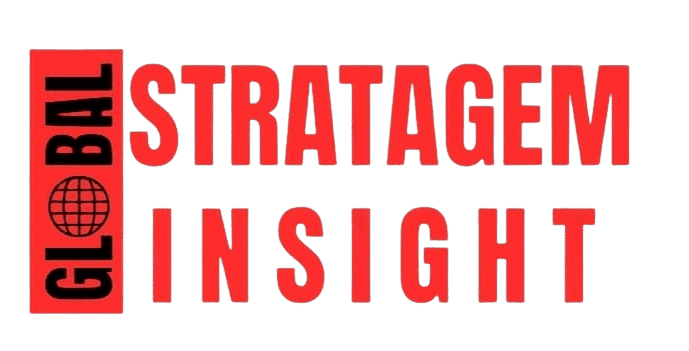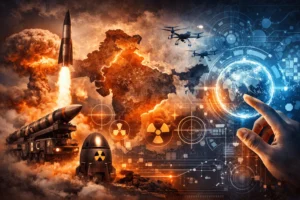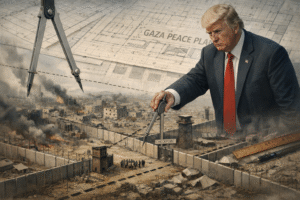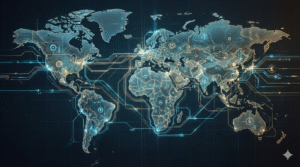The Nuclear Order in Flux: Reignition of Nuclear Ambitions Around the Globe
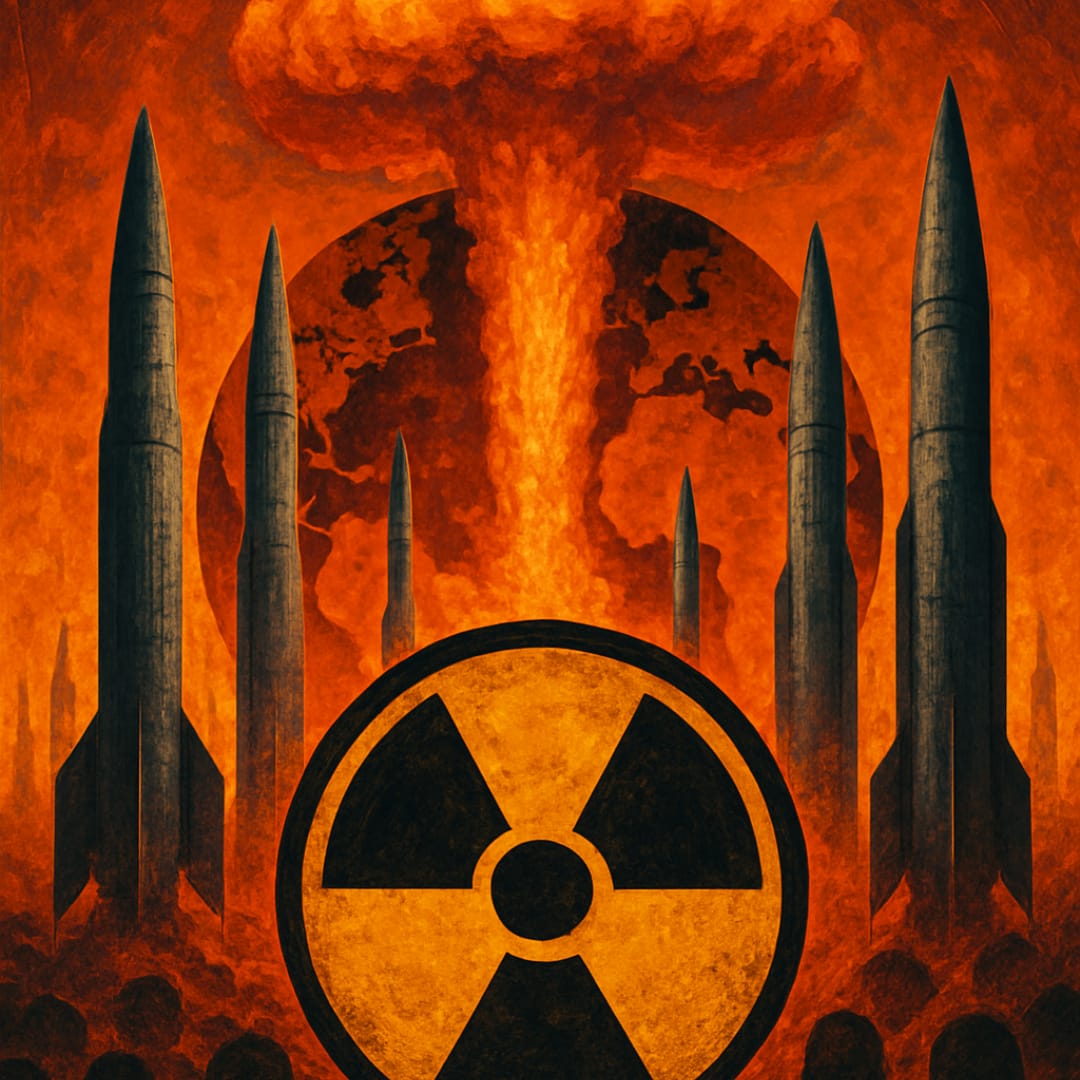
The Nuclear Order in Flux: Reignition of Nuclear Ambitions Around the Globe
“No two other countries had this closeness on nuclear doctrine, and that it was a message our partners must hear, as well as our adversaries”, said Mr. Macron in a recent state visit to Britain shortly after both states agreed to coordinate on their nuclear doctrines. The winds of nuclearization are once again sweeping across the globe amid the decades-long efforts by the US to prevent nuclear proliferation. There is no doubt that the nuclear landscape is undergoing dramatic changes in modern times. The point to ponder is what is motivating states to acquire nuclear weapons or explore wider options in this regard. Also, these states are not labelled as rogue states but US allies. The world has witnessed Iran, a non-nuclear weapon state, being attacked by Israel and the US. It could be a trigger point for several states to work on their nuclear capabilities and safeguard national security and regime survival. In simple words, there has been an ignition of nuclear ambitions among the states that feel threatened and have somehow lost confidence in security assurances by allies.
Trump’s time in office has always been marked by significant political changes, often departing from established norms. The US under Trump’s leadership appears to be far different than previous leadership. The strategy of America First is evident in his foreign policy. Also, it has been observed in the administration’s budget request that national security has taken precedence, and allies are being sidelined. For instance, increasing tariffs and calling allies “freeloaders” to the extent where Trump says Russia can do whatever the hell they want if the US allies do not cooperate. Apart from that, considering withdrawal of troops from Germany and South Korea has alarmed the allies. At the same time, the retreat of the US from significant treaties like the INF treaty, open skies, and NewSTART treaty has led the leadership of many states to rethink their dependence on the US for any materialized response in times of crisis.
The discussion of nuclear self-help is very active in Europe. The idea of Europe having its nuclear umbrella is prevailing in the region. In Germany, about two-thirds of the population is fascinated by the idea and supports a nuclear deterrent independent of the US. In this regard, the German Chancellor Friedrich Merz showed his intention to develop a collective nuclear strategy for Europe with France and Britain. Another notable finding about Germany is that the larger population still opposes indigenous atomic weapons while supporting the idea of a collective European arrangement. Moreover, Polish Prime Minister Donald Tusk made a statement earlier in March where he directly pointed out that Poland must look at nuclear options. He further emphasized the possibility of a French nuclear umbrella to European states.
France, being the only nuclear power in Europe with the exception of Britain, is observed to be a potential candidate in protecting other European nations. It is also hinted from the statements and active engagements of French leadership that saying French nuclear deterrent should have a “European dimension”. The recent three-day state visit of the French PM to Britain was a powerful step in the nuclear dynamics of Europe. Mr. Starmer, the Britain PM emphasized that there will be an obvious response from both nations in case of any “extreme threat” from the adversaries. Discussions on coordination in policy and nuclear doctrines and signaling the deployment of nuclear weapons in case of any extreme threat to European allies marks the discourse of this visit highlighting powerful demonstration of European nuclear allies.
East Asia also indicates vivid cracks in the extended deterrence provided by the US. South Korea has recently shown its interest in pursuing indigenous nuclear weapons due to active threats from North Korea. What worries South Korea is its neighbor’s growing nuclear arsenal and Pyongyang’s diplomatic ties with Russia and China. There have been active discussions and a wide public support in favor of reviving nuclear independence. On the other hand, Japanese leadership might also explore nuclear interdependence due to regional threats and erosion of long-standing security assurances by the US. Talking about the nuclear threshold in the Middle East, it is extracted from the very recent Iran-Israel conflict that Middle Eastern states would pursue nuclear weapons as a result of the domino effect of nuclear proliferation. Saudi Arabia is firm on its stance that if Iran develops nuclear weapons, KSA would have to take this step as well.
The nuclear ambition trends are storming across the globe and giving rise to stealth discussions in Europe, East Asia, and the Middle East. The motivating factors behind this disruption in nuclear order stem from the wars in action on the globe or the trust deficit developed from the Trump administration. All in all, the nuclear language is changing its vocabulary drastically due to complex dynamics, consequently introducing new gaps in security assurances and challenging the status quo with great potential.
